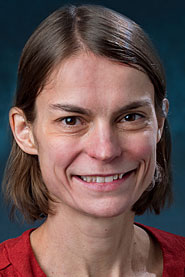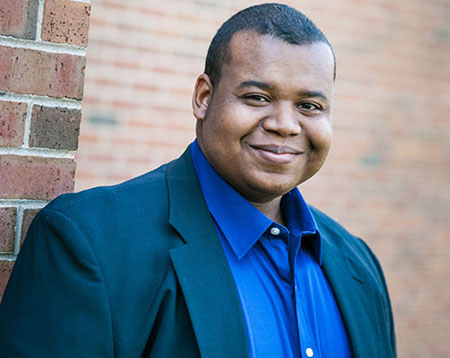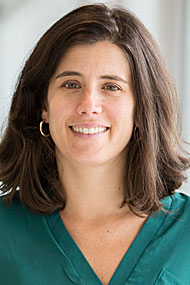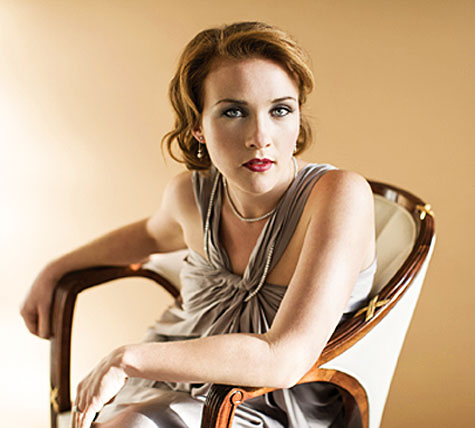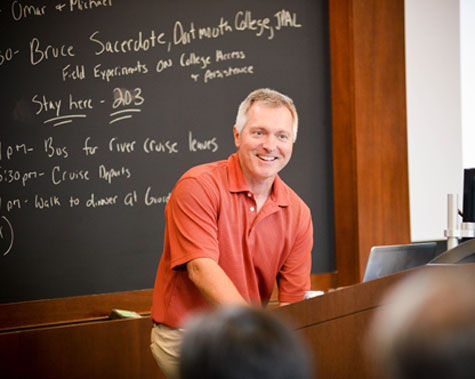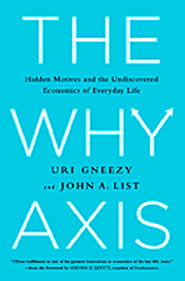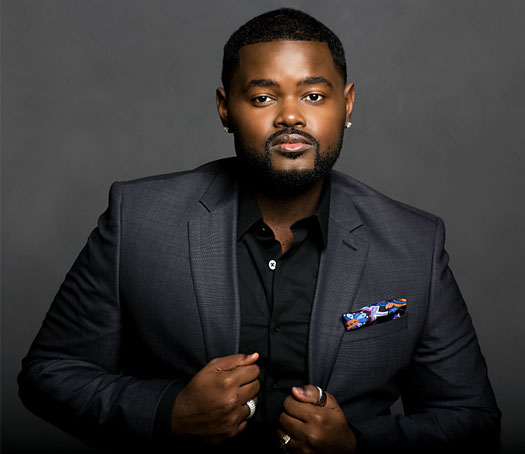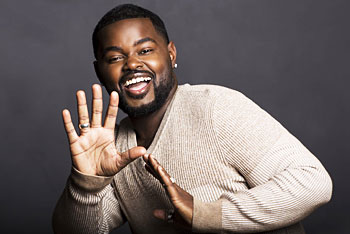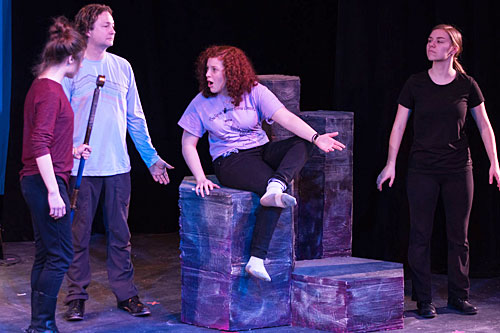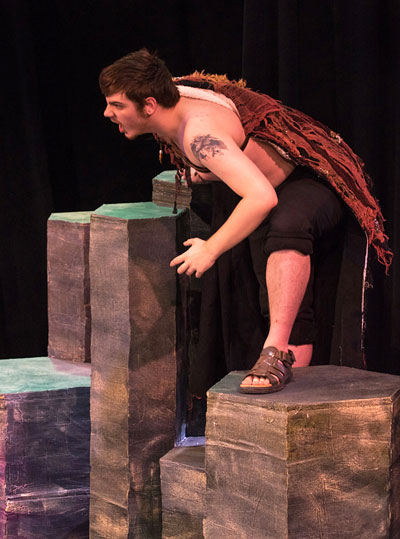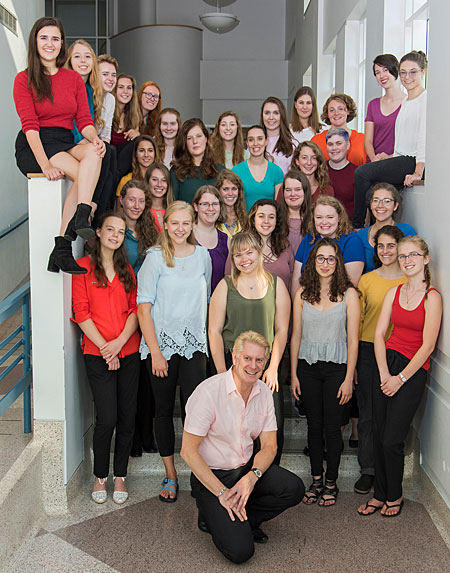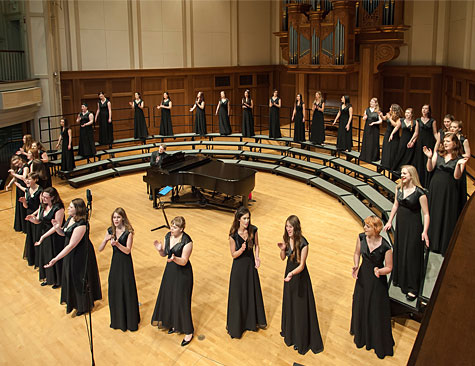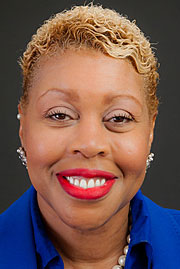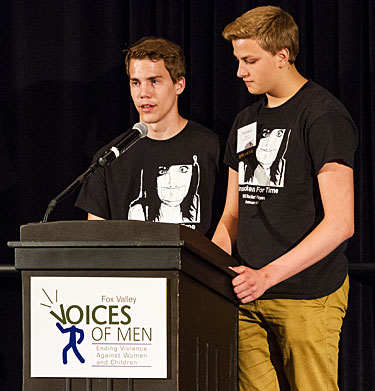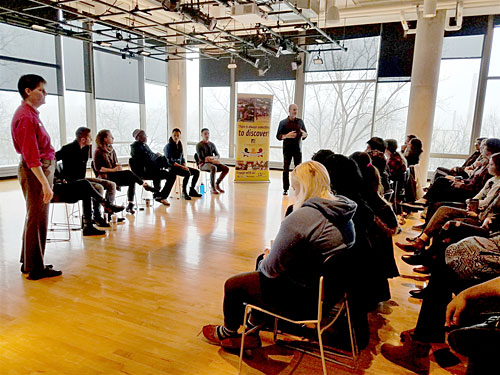A public policy expert examines the growing political tensions between the Trump administration and administrative agency expertise and special-interest group influence in the development and implementation of U.S. regulatory policy in an address at Lawrence University.
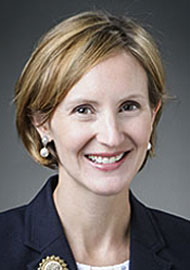
Susan Yackee, Vilas Distinguished Achievement Professor of Public Affairs and Political Science at UW-Madison, presents “Rulemaking and Presidential Control in the Trump Era” Monday, Feb. 26 at 4:30 p.m. in the Wriston Art Center auditorium. The event is free and open to the public.
Yackee’s scholarship focuses on U.S. public policy-making process, public management, regulation, administrative law and interest group politics. With the support of a $500,000 Regulatory Science Award, she is conducting a study on regulatory policymaking at the U.S. Food and Drug Administration.
Widely published in public administration, public policy and political science, Yackee was recognized with a national award in 2017 for her article, “Clerks or Kings? Partisan Alignment and Delegation to the U.S. Bureaucracy.” She is an elected member of the National Academy of Public Administration.
A former legislative research assistant to U.S. Senator Byron Dorgan of North Dakota, Yackee began her academic career at the University of Southern California’s Price School of Public Policy and joined the faculty at UW-Madison in 2007. She holds a Ph.D. in political science from the University of North Carolina.
About Lawrence University
Founded in 1847, Lawrence University uniquely integrates a college of liberal arts and sciences with a nationally recognized conservatory of music, both devoted exclusively to undergraduate education. It was selected for inclusion in the book “Colleges That Change Lives: 40 Schools That Will Change the Way You Think About College.” Engaged learning, the development of multiple interests and community outreach are central to the Lawrence experience. Lawrence draws its 1,500 students from nearly every state and more than 50 countries.
